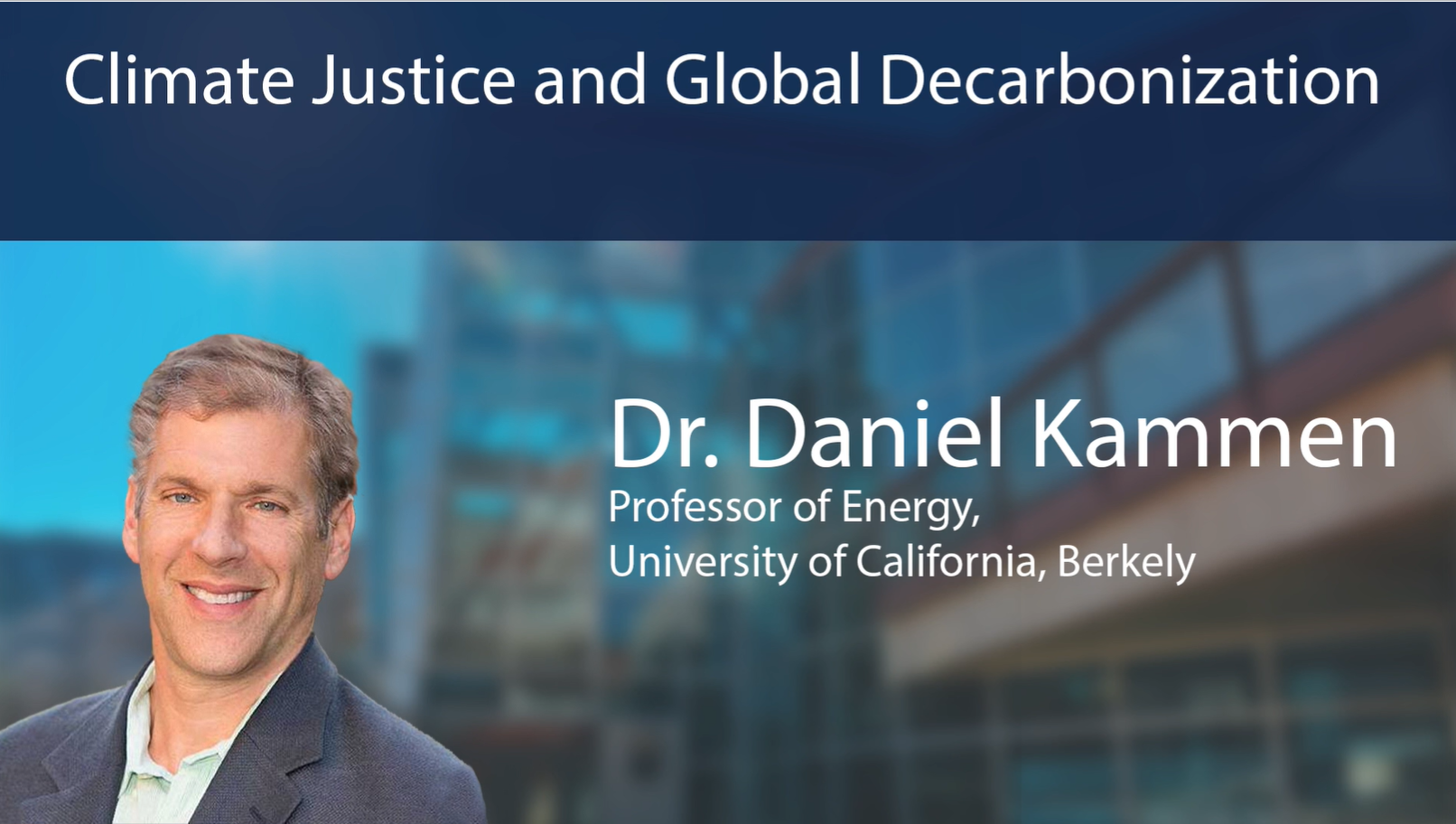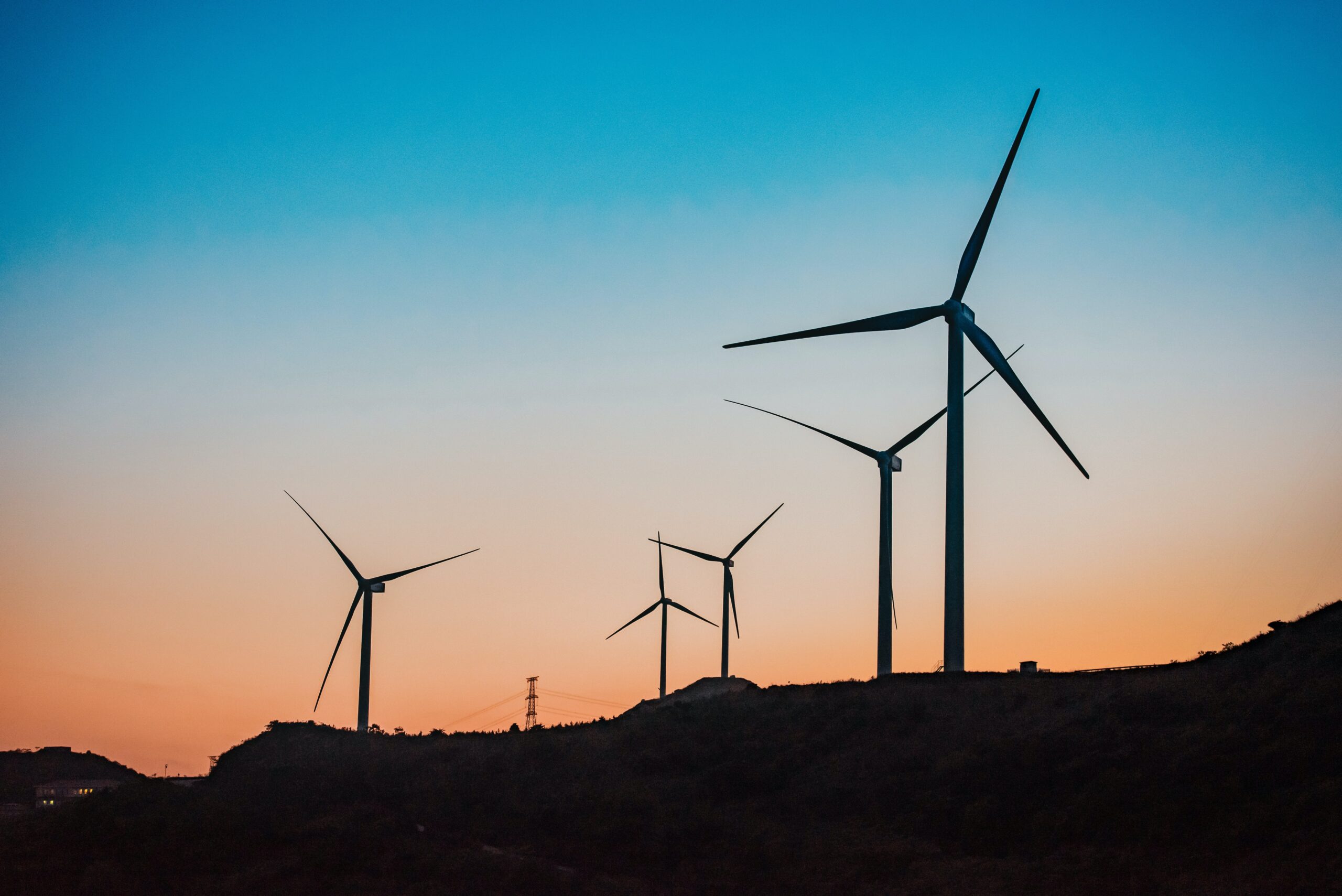
ERG alumni Ranjit Deshmukh, Amol Phadke and associate professor Duncan Callaway recently had their research, “Least-cost targets and avoided fossil fuel capacity in India’s pursuit of renewable energy” published in the Proceedings of the National Academy of Sciences. Their analysis on India’s power usage, weather patterns and energy infrastructure was featured in the The Current, and suggests that the country is “well positioned to take advantage of green energy sources”.








